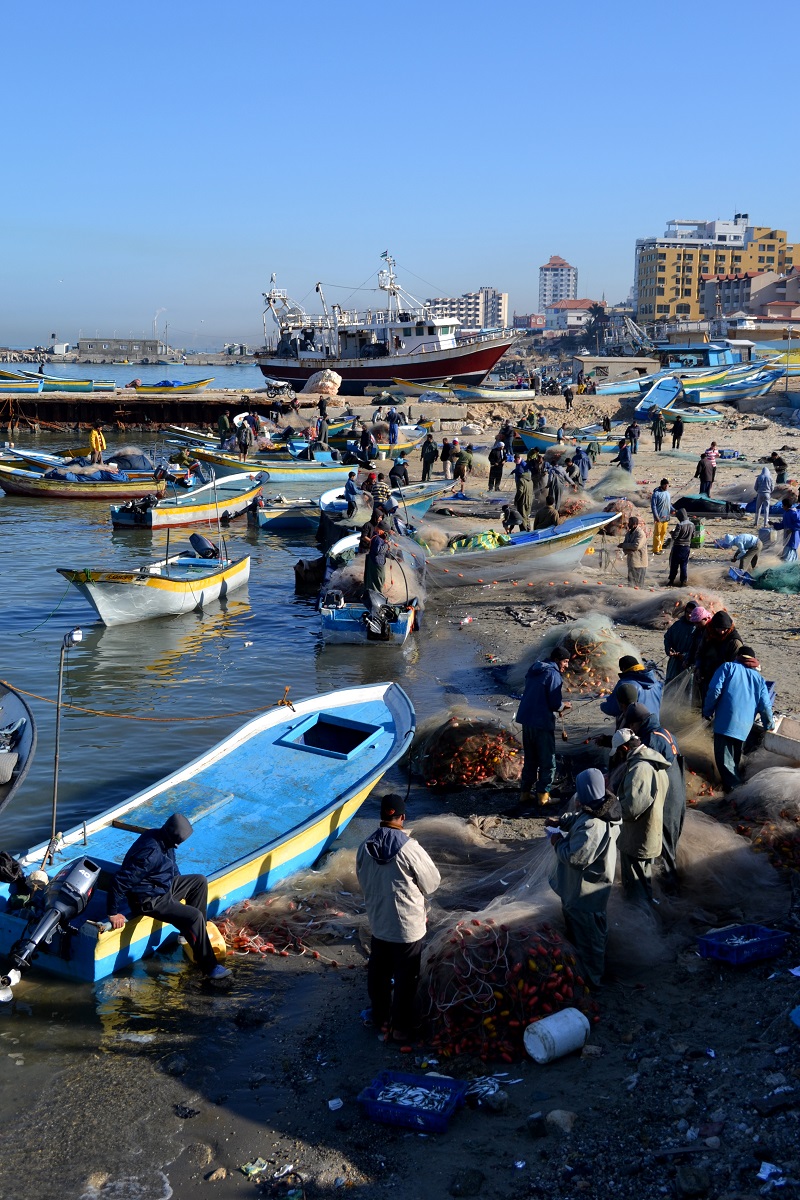Tag: Naval Blockade
-
Gaza: “Free the Holy Land sea”
23rd December 2013 | International Solidarity Movement, Rosa Schiano | Gaza, Occupied Palestine “Free the Holy Land sea” was a three-day protest by fishermen in Gaza which began on Tuesday, 17th November. The fishermen, supported by the Palestinian Center for Human Rights and al-Mezan Center for Human Rights, set up a tent at the Gaza…
-
Under Israeli fire, Gaza fishermen plan protest tent to “free the Holy Land sea”
12th December 2013 | Free the Holy Land Sea | Gaza, Occupied Palestine For Immediate Release Contacts: Zakaria Baker (Arabic) zakarea-1010@hotmail.com Khalil Shaheen (Arabic, English) khalilshaheen@yahoo.com On Tuesday, 17 December, Palestinian fishermen will pitch a protest tent in the Gaza seaport. The structure, which will stand for three days and be decorated with pictures of fishermen attacked…
-
Photos: A visit to the Gaza fish auction
10th December 2013 | International Solidarity Movement, Charlie Andreasson | Gaza, Occupied Palestine Gaza’s fish action brought back memories from both my time as a fisherman and my work in the port of Gothenburg. There was the same crowding around the neat rows of boxes, filled with different types of fish and shellfish, the auctioneer’s pad…



